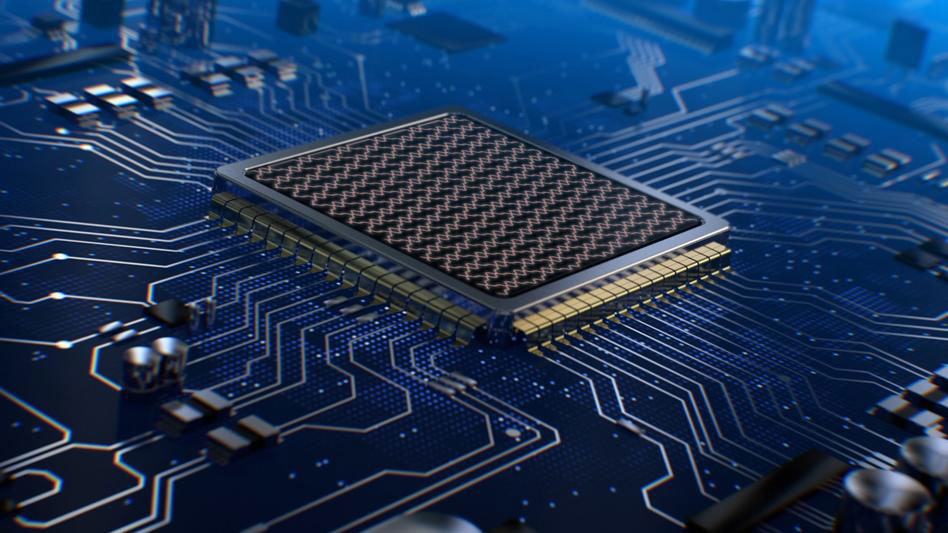AI-Focused Chip Startups Gain Momentum Amidst Supply Chain Disruptions
In the face of global semiconductor supply chain constraints, startups specializing in chips designed specifically for artificial intelligence (AI) applications are seeing a surge in investor interest. These innovative companies are attracting significant funding as they position themselves to address challenges that have hampered their larger counterparts in the chip industry.
With the semiconductor sector experiencing unprecedented supply shortages and logistical bottlenecks, AI chip startups are capitalizing on their agility and ability to innovate in response to industry disruptions. Unlike established players that have been slowed by existing production processes, these smaller firms are rapidly developing specialized solutions that cater to the unique demands of AI-driven technologies.
Funding surge for AI-specific chipmakers
Investors are pouring millions into AI-focused chip startups, betting on their potential to lead the next wave of semiconductor innovation. Notable examples include:
Graphcore, a UK-based startup, which recently secured $150 million in funding to expand its AI-focused chip production capabilities.
SambaNova Systems, a Silicon Valley leader in AI hardware, that closed a $676 million funding round, elevating its valuation to over $5 billion.
Cerebras Systems, known for developing the world’s largest AI chip, which raised $250 million to scale its unique approach to AI processing.
TC Microchips, a Chile-based semiconductor innovator which recently secured $50 million to bolster its efforts in 2 nm chip architecture.
These startups are developing chips specifically tailored for machine learning tasks, natural language processing, computer vision, and other AI-driven processes. Their focus on specialized architecture allows them to deliver the high-performance processing power required for AI applications, even in a constrained supply chain environment.

Navigating supply chain disruptions
While traditional semiconductor companies are struggling with disruptions in their global supply chains, these AI-focused startups are leveraging their smaller size and flexibility to navigate these challenges more effectively. By optimizing their supply chains, streamlining production processes, and fostering closer partnerships with foundries, these companies are working to ensure a steady flow of materials and components.
“I have to say that we’ve grown rather adept at turning supply chain disruptions into opportunities,” said TC Microchips’ CEO, Luis Fernández. “Being somewhat fleet of foot has attracted investors who appreciate the adaptability that can make all the difference in what’s shaping up to be among the most competitive markets in the technology sector,” Bloggs added.
A strategic shift in semiconductor investment
The wave of investment in AI-specific chip startups reflects a broader trend in the semiconductor industry, where investors are increasingly focused on specialized solutions over generalized chip designs. With demand for AI technologies projected to grow exponentially in the coming years, these startups are positioned to meet the need for chips that can handle the immense computational power required by machine learning and data-intensive applications.
“As AI continues to shape industries from healthcare to finance, the need for highly specialized chips is greater than ever,” said Emily Park, a venture capital partner specializing in technology investments. “We’re seeing a clear shift in investor sentiment toward companies that can innovate quickly and provide tailored solutions, even as larger chipmakers face significant delays due to supply chain issues.”